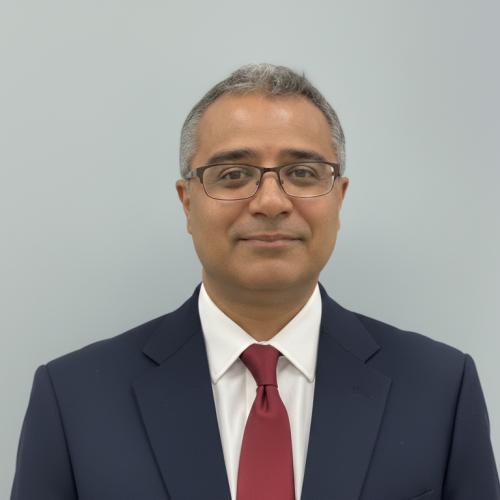
Carlos R. Morales is an Associate Professor at Purdue University's School of Applied and Creative Computing, where his work operates at the intersection of law, technology, and education. As a licensed California attorney (Bar #360031) with a CIPP/US certification in data privacy, his teaching and research focus on preparing students to navigate complex legal and regulatory environments.
Professor Morales's teaching philosophy is centered on translating complex legal doctrine into practical, actionable skills for non-lawyer professionals. He designs and instructs courses in Cyberlaw [CNIT 371], Generative AI Law and Policy [CGT 390], and Senior Capstone (with embedded applied Contract Law) [CGT 411], employing innovative, practice-based simulations to bridge the gap between theory and application.
His research interests include Privacy and AI Governance, Cyberlaw, and the impact of legislation on institutional governance. His forthcoming article, "The State as Donor: How Indiana Uses SEA 202 and HEA 1001 to Reshape Academic Freedom and Faculty Governance," will be published in the Journal of Academic Freedom and examines the legal frameworks shaping faculty rights in higher education . This work is part of a broader scholarly focus on how regulatory systems and policies impact professional autonomy and decision-making. His current development project is a multiplayer, web-based simulation designed to train legal, technical, and business leaders in collaborative data breach crisis management in relation to privacy issues.
Prior to his current focus on law, Professor Morales served as the Director of Distance Learning for Purdue's College of Technology, where he led initiatives to scale high-quality online education for working professionals and secured grant funding for innovations in immersive and game-based learning. His career began in the private sector, where he worked as a Technical Director for video game developer High Voltage Software and later founded a mobile application development consultancy. This industry experience has informed his teaching in core technology areas, including web programming, animation, and visual effects. This diverse background provides him with a unique, cross-disciplinary perspective on the practical challenges and opportunities that emerge where law and technology converge.